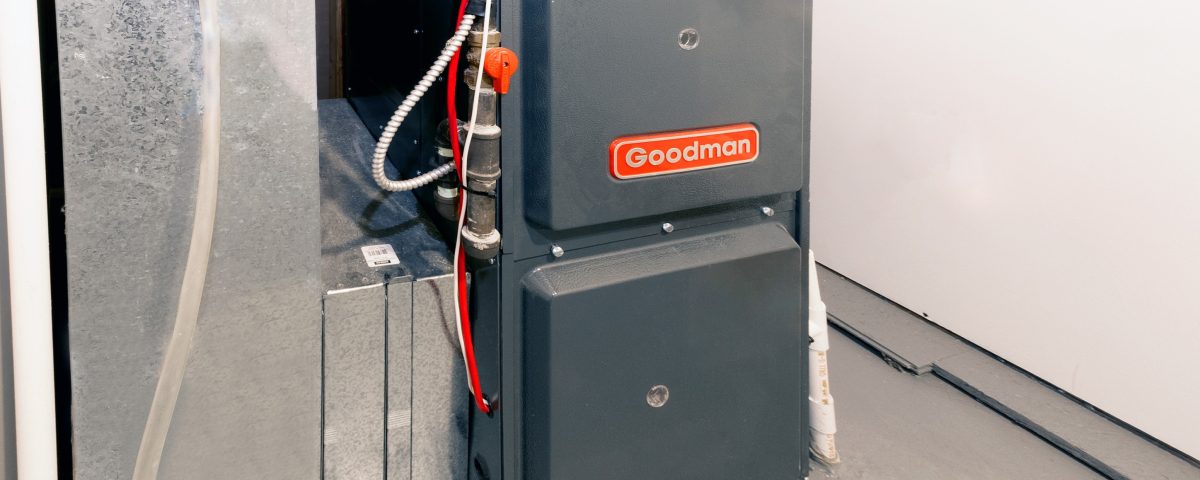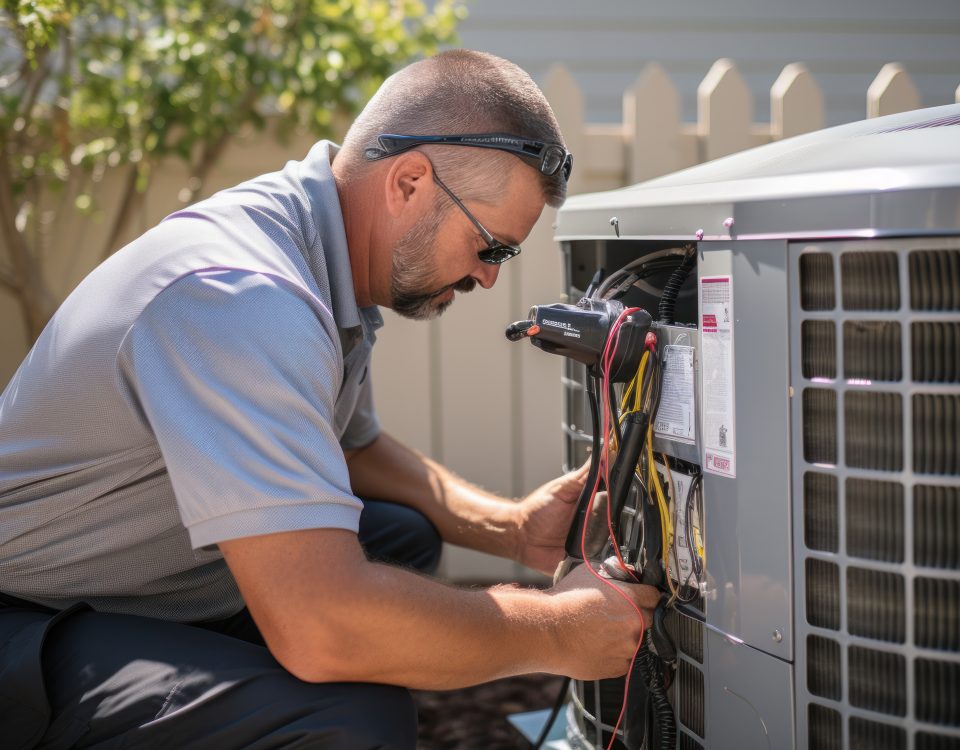Is It Time To Replace Your Furnace?
When it comes to residential furnaces, one of the most common questions we receive is whether it’s better to replace or repair them. While there is no universal answer to this question, there are some signs that indicate that it’s time for your furnace to be replaced. Typically, a well-installed and regularly maintained furnace can last up to 15 years. If your furnace has been in use for 10 years, there are certain factors to consider before deciding whether to invest in a new, more efficient furnace or to repair the current one. Keep reading to learn more about how to determine if your furnace needs to be repaired or replaced after serving you for many years.
Signs You Should Replace Your Furnace
Several signs can indicate it’s time for a replacement. These signs include noticeable wear and tear, irregularities in your energy bills, frequent repairs, strange noises or smells, and an accumulation of dust or soot around the registers. Generally, a furnace will require more repairs during the last two years of its usable life. If the cost of recent repairs is 50% or more than the cost of a new, high-efficiency unit, it’s time to consider replacing your current furnace.
How can a Furnace Filter Prolong Your Furnace’s Life?
A furnace filter’s primary job is to trap airborne contaminants from entering your heating and cooling system. However, because the filter removes contaminants for the system’s benefit, air quality also benefits from their removal. Changing the furnace filter is a critical task and one that is often skipped. Not only is this a detriment to your home’s comfort level, but more importantly, it is a detriment to the performance of your furnace. With a dirty filter, you risk compromising your comfort, energy costs, and HVAC system. Changing your furnace filter regularly will improve your life and quality.
Furnace Maintenance
Generally, a furnace should be maintained and cleaned once a year. This can be done with your regular scheduled maintenance. A yearly furnace cleanup will not only maintain the efficiency and longevity of your HVAC system but will also keep ducts from getting grimy and distributing dust and dirt throughout your home. If you are experiencing an increase in your energy bills despite not using your furnace more than normal, then dirt build-up might be the cause. This is because dirt build-up inside the furnace can cause it to overwork and make it consume more energy while also being less effective at heating your home.
Buying a New Furnace
Buying a new furnace is a major investment – so if this is the year you replace it – we’ve outlined some benefits for choosing a high-efficiency furnace:
- Improved Efficiency: greater energy efficiency means lower operating costs and long-term savings.
- Smaller Size: newer models are often smaller because they can heat more gradually and more efficiently.
- Quieter Operation: insulated components and variable-speed operation mean a more peaceful home.
- Improved Comfort: newer systems do a better job of circulating warm air and maintaining a constant temperature.
- Great Reliability: new units require fewer repairs and lower your risk of needing an emergency replacement.
- Better for the Environment: you’ll reduce your home’s carbon footprint by burning less fuel and using less energy.
- Smart Compatibility: a smart thermostat is your furnace’s best friend and can also reduce energy costs up to 15%.
- Healthier Choice: because a new system circulates and filters air consistently, a new furnace can be better for indoor air quality.
If you’re not sure where to start, give the Crystal team a call. We will be happy to answer all your questions and help you decide what new furnace is the best one for your home.
In the end, while a new furnace requires an upfront investment, the long-term benefits, including improved energy efficiency, reduced repair costs, and enhanced safety, make it a worthwhile consideration. Regular maintenance and proactive decision-making can keep your home warm and cozy while avoiding the inconvenience of a sudden furnace failure. If you find yourself nodding along to the warning signs, it might be the perfect time to explore the options available for a more reliable and efficient heating solution.






